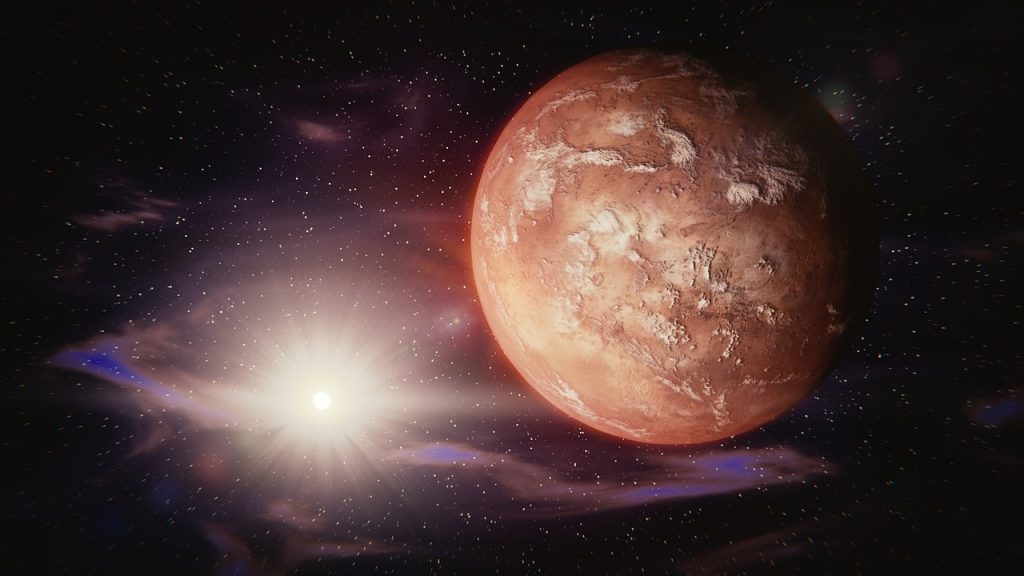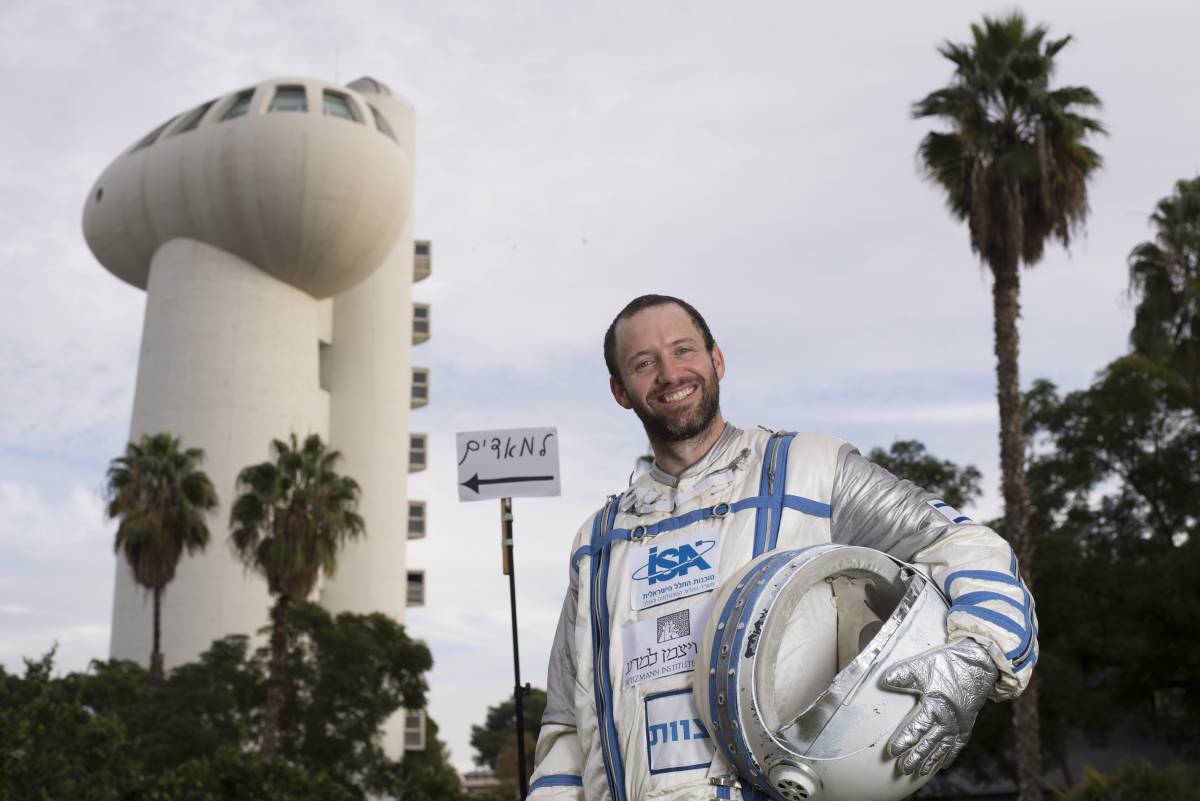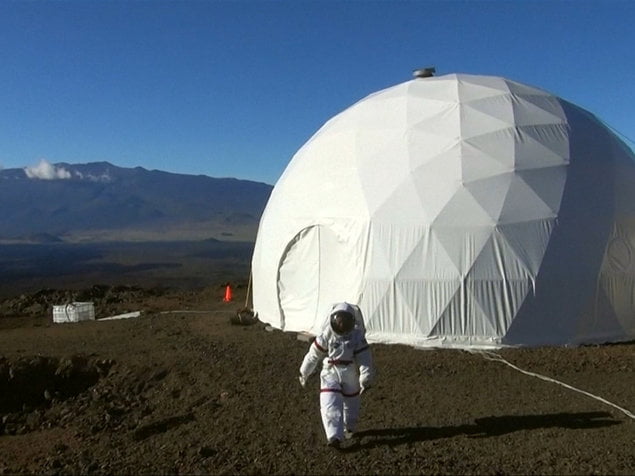In the 2015 blockbuster movie ‘The Martian’, Matt Damon’s character is left stranded on Mars, struggling to remain alive on the barren planet. While the film is science fiction, the prospect of humans actually living on Mars is currently being actively pursued by an Israeli scientist.
SEE ALSO: Buzz Aldrin Wows Israel With His Vision Of Mars Landing
For two weeks at the end of January, Weizmann Institute of Science research student Roy Naor, representing the Israel Space Agency, will be living in a simulation of a Mars Research station together with a team from five other countries. The group will be living inside an isolated “capsule” in the Utah desert, carrying out studies similar to those that humans might conduct in the future on Mars.
The Mars Desert Research Station is run by the Mars Society. In the 172 team “missions” executed so far, members worked in the arid, Mars-like environment developing new technologies and gaining insight into how humans will live on Mars. In addition to Naor (the Crew Geologist), the current mission, Prima Crew 173, will include the head of the Slovakian Space Agency (SOSA), a French mechanical engineer, an aeronautics and space engineer from Spain, an Australian astrobiologist and an Irish artist.
“This program involves simulated Martian research, and working for several years with researchers from various fields,” Naor told Walla News in an interview. “Eighteen months ago, when I was in a program of the International Space University in collaboration with NASA, I met five special researchers. We became a team, submitted the idea of simulation studies we would do, and ultimately we were accepted to the program. ”
SEE ALSO: Life on Mars? Israelis Design 3D-Printed Space Home For NASA
Searching for proof of liquid water on Mars
Naor, a student in Dr. Itay Halevy’s group at Weizmann’s Earth & Planetary Sciences Department, has studied carbonate minerals, which have been found on Mars and could provide evidence for liquid water in the planet’s past.
Sign up for our free weekly newsletter
Subscribe“Carbonates need flowing water to form, and if we can show that water once existed for a long period of time there, we lend support to the idea that life could once have arisen on Mars,” Naor said in a statement. At the station, Naor will sample and analyze the geology of the analogue environment and its vicinity, including bringing some samples back to Weizmann’s labs for further analysis.
Among their many experiments, the team will be investigating the possibility of using the local soil for the 3-D printing of building blocks for permanent structures on Mars. Naor will be participating in these experiments to see if this material has the required strength to withstand the radiation on the surface of Mars.
All under one roof – with no cell phones
To simulate living in a Mars space station, the group will live together in cramped conditions, eating, working and sleeping in a single structure, with showers limited to once every three days. Going outside the station will only be done in groups, in full suits – including helmets and facsimile oxygen tanks. Fortunately, the suits designed for Mars are lighter and more flexible than those worn by astronauts today. Communication with “Earth” will take place once a day – with a delay of several minutes – and no cell phones are allowed. The team will also have to ration the food they bring with them to make it last the whole two weeks.
Earthlings can vote on music & food, follow space log
The Israel Space Agency is also inviting the public to participate in Naor’s misson. Supporters can vote on the type of Israeli food that Naor will bring with him to the Mars station, as well as on what kind of Israeli music he should play for his team. Members of the public can also follow his “space log” on the Israel Space Agency Facebook page, and on the Weizmann Institute of Science Facebook page.
“Mars is definitely the future in terms of research,” Naor told Walla News in an interview. “Research has increasingly become more relevant, and the goal is to reach a manned mission to Mars by 2030”.
Israel’s Science Minister Ofir Akunis congratulated Noar before his departure saying, “The journey to Mars now seems closer than ever and we should begin to prepare for it in Israel as well so that future generations will be able to travel to Mars. As Israelis, we pride ourselves on the ability of our researchers to contribute to research on Mars and are confident that Roy will have much to contribute to the mission.”
Related posts

Rehabilitation Nation: Israeli Innovation On Road To Healing

Israeli High-Tech Sector 'Still Good' Despite Year Of War







Facebook comments